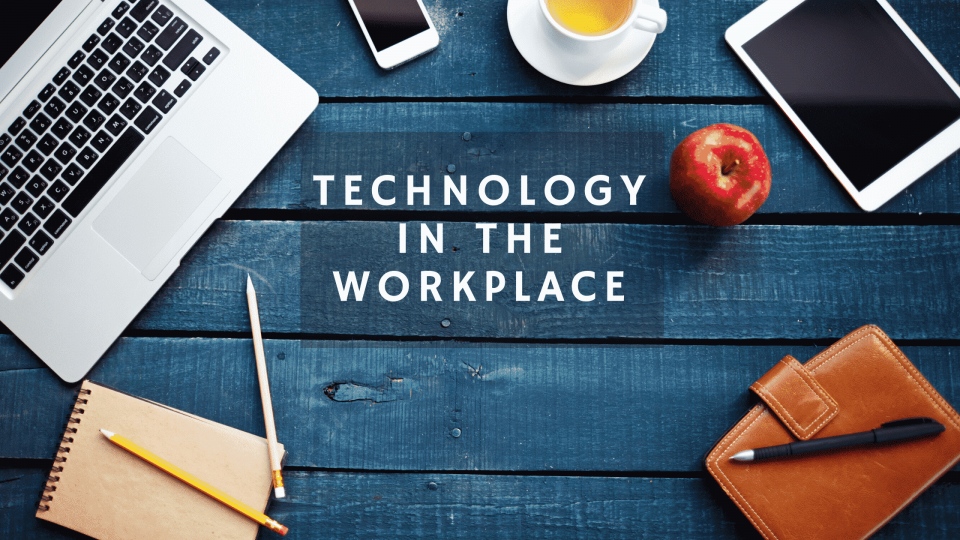Technologies in the workplace Organizations must ensure they meet the three C’s in the workplace of the future: Connectivity, Communication and Collaboration. Technologies such as analytics, RPA, Machine Learning, Artificial Intelligence and video support will help organizations improve their productivity, efficiency and customer satisfaction in the new work model.
2020 became the year of the great professional migration. Never before has such a sudden and massive workplace transformation been seen: hundreds of millions of offices were closed virtually overnight, causing a nearly 1,000% increase in demand for video conferencing solutions and communication tools. collaboration. This transformation exposed corporate security and business continuity deficiencies in thousands of organizations, but it also showed that historical requests that were considered beneficial, such as telecommuting, have not turned out to be as advantageous as they seemed.
In many cases, the most important problem of remote work is given by Technologies in the workplace , which does not respond to the needs that have been created and resolves incidents of professionals who work from home late, which causes stress, an increase in working hours and reduced productivity. The adoption of innovative, adaptable and flexible technologies is a critical aspect in the success of a transition to remote work. For this reason, Unisys has identified a series of technologies, grouped into six areas, that are essential in the workplace of the future and that support the transformation of the workplace from the physical, human and digital point of view:
Technologies in the workplace Physical flexibility. Professionals must be able to perform their tasks from anywhere, which means that the organization’s operating model must be elastic. By adopting this flexibility, you can improve the user experience and customer satisfaction. The use of analytics tools can help consolidate the hybrid workforce (teams working at home or in the office), as they can more easily adapt to any spike in demand.
-Integrated autonomy. If robotic process automation tools, Machine Learning algorithms and Artificial Intelligence technologies are incorporated, also in the back office, productivity can be increased and professionals’ work efficiency guaranteed. In addition, the organization will be able to assess customer behaviors more easily and help them achieve what they are looking for autonomously.
Always connected technology. Cloud-hosted digital channels ensure business flows are maintained. And in the back office, the use of automation tools, such as sentiment analysis or just-in-time principles, enables seamless customer service and proactive troubleshooting capabilities. A proactive detection of any incidence can even solve the problems in an automated way.
Digital connection. Digital connectivity between colleagues and with customers facilitates interactions and improves user satisfaction. Video support, instant messaging or help chats in cost efficient environments ensure customer satisfaction.
Collaboration. Collaborative and social environments mean increased productivity. If, in addition, the professional can collaborate from wherever he wants, the balance between work and private life is also improved.
-Adaptive workstation. Working from home with the necessary technologies and the right support is much more beneficial for everyone. The office should be used as a real and adaptable collaboration space for each business situation.
In short, organizations must ensure that they meet the three C’s in the workplace of the future: Connectivity, Communication and Collaboration. If remote work is not carried out correctly, it is proven that productivity, efficiency and corporate culture suffer. And if working from home means reducing spontaneous collaboration between colleagues, the damage it can cause to the organization in terms of operational inefficiencies, lost revenue or reputational damage, may be insurmountable.

